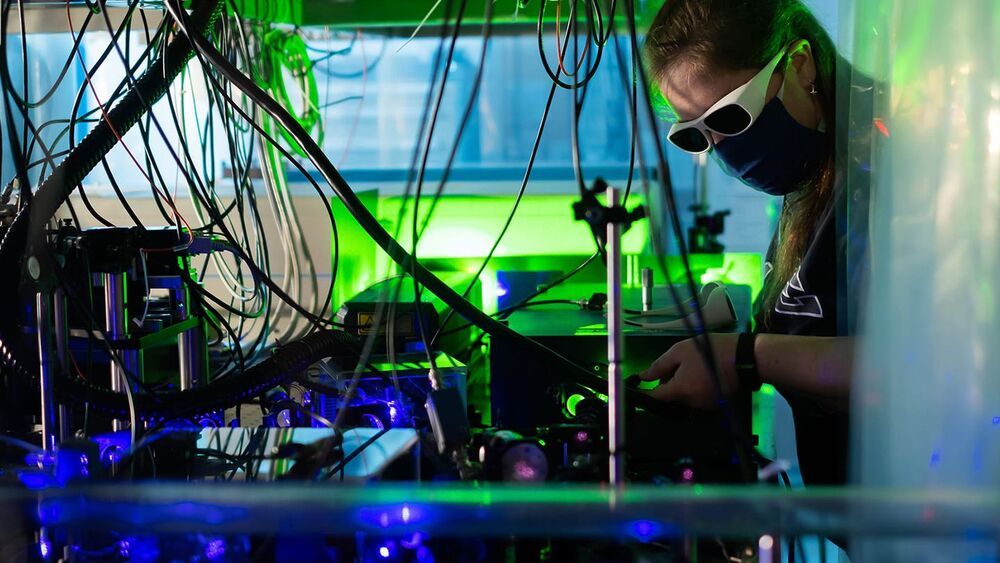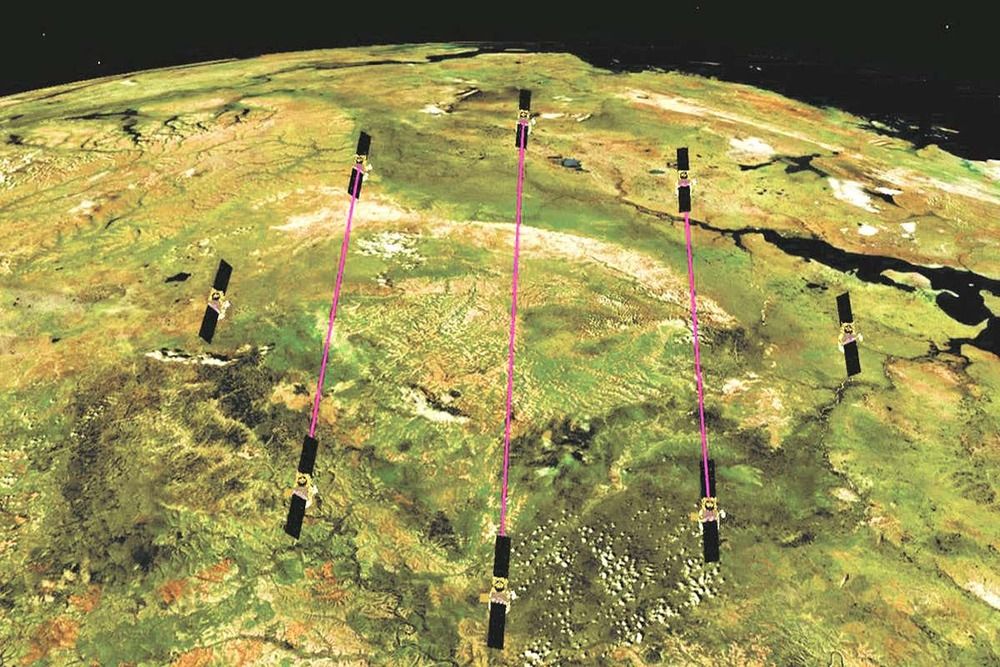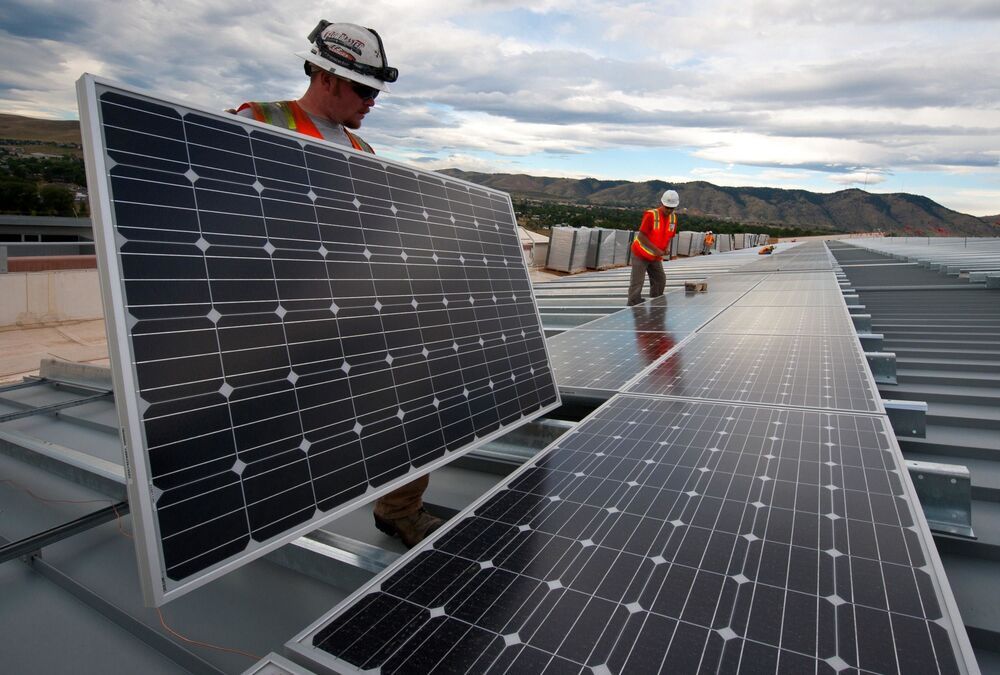Pinning plasma within a set of magnetic fields offers physicists a new way to study clean energy, space weather and the inner workings of stars.






Critics of renewable energy often cite two reasons for why they think a transition from fossil fuels will take half a century. Firstly, that sources of renewable energy are too intermittent to be reliable and secondly, that governments cannot bear the costs of switching entire economies to clean energy.

Under our RADICS program, researchers developed tools to aid in the rapid recovery of our power grids amidst a cyberattack. Today we’re spotlighting the program’s many accomplishments: https://www.darpa.mil/news-events/2021-02-23
Under our RADICS program, researchers developed tools to aid in the rapid recovery of our power grids amidst a cyberattack. Today we’re spotlighting the program’s many accomplishments: https://t.co/ki0VV5bKlI pic.twitter.com/c1dSVewK2b
— DARPA (@DARPA) February 23, 2021
Laser-cooled plasma-in-a-bottle could answer questions about the sun, fusion power. Rice University physicists have discovered a way to trap the world’s coldest plasma in a magnetic bottle, a technological achievement that could advance research into clean energy, space weather and astrophysics.


Sergey Brin’s secretive airship company LTA Research and Exploration is planning to power a huge disaster relief airship with an equally record-breaking hydrogen fuel cell.
A job listing from the company, which is based in Mountain View, California and Akron, Ohio, reveals that LTA wants to configure a 1.5-megawatt hydrogen propulsion system for an airship to deliver humanitarian aid and revolutionize transportation. While there are no specs tied to the job listing, such a system would likely be powerful enough to cross oceans. Although airships travel much slower than jet planes, they can potentially land or deliver goods almost anywhere.
Hydrogen fuel cells are an attractive solution for electric aviation because they are lighter and potentially cheaper than lithium-ion batteries. However, the largest hydrogen fuel cell to fly to date is a 0.25-megawatt system (250 kilowatts) in ZeroAvia’s small passenger plane last September. LTA’s first crewed prototype airship, called Pathfinder 1, will be powered by batteries when it takes to the air, possibly this year. FAA records show that the Pathfinder 1 has 12 electric motors and would be able to carry 14 people.
British start-up company Gravitricity has developed a system to store excess energy by using the power of gravity.